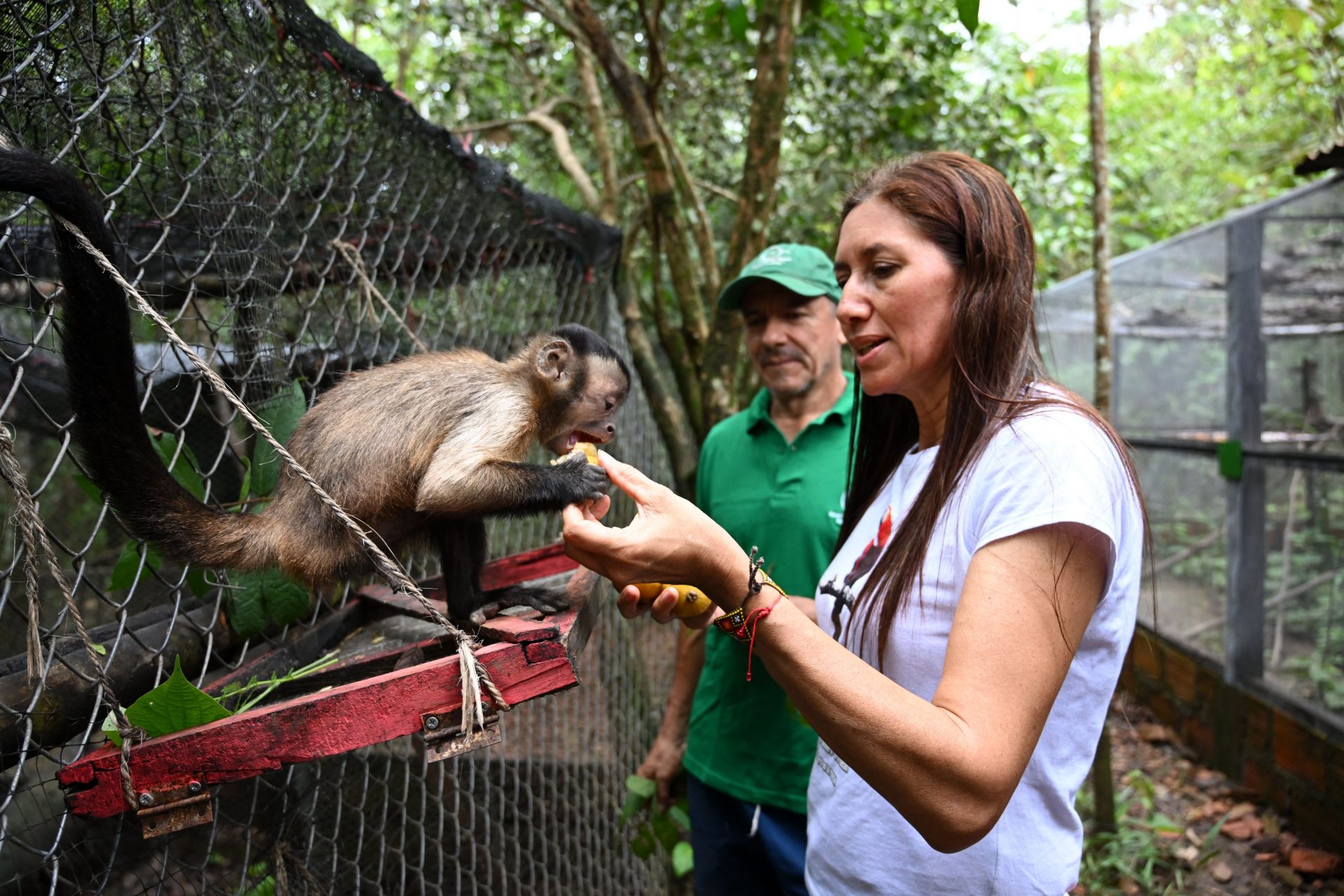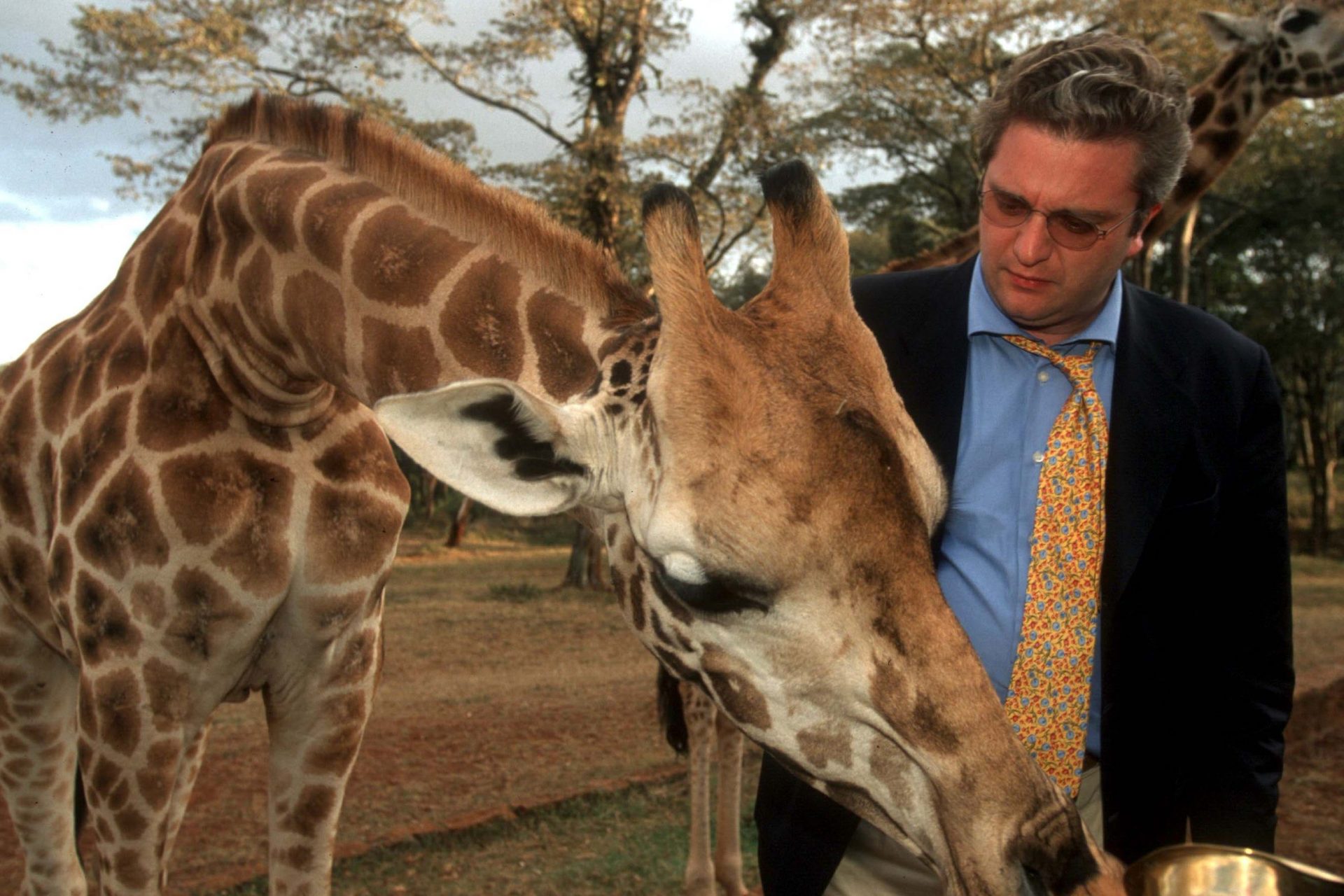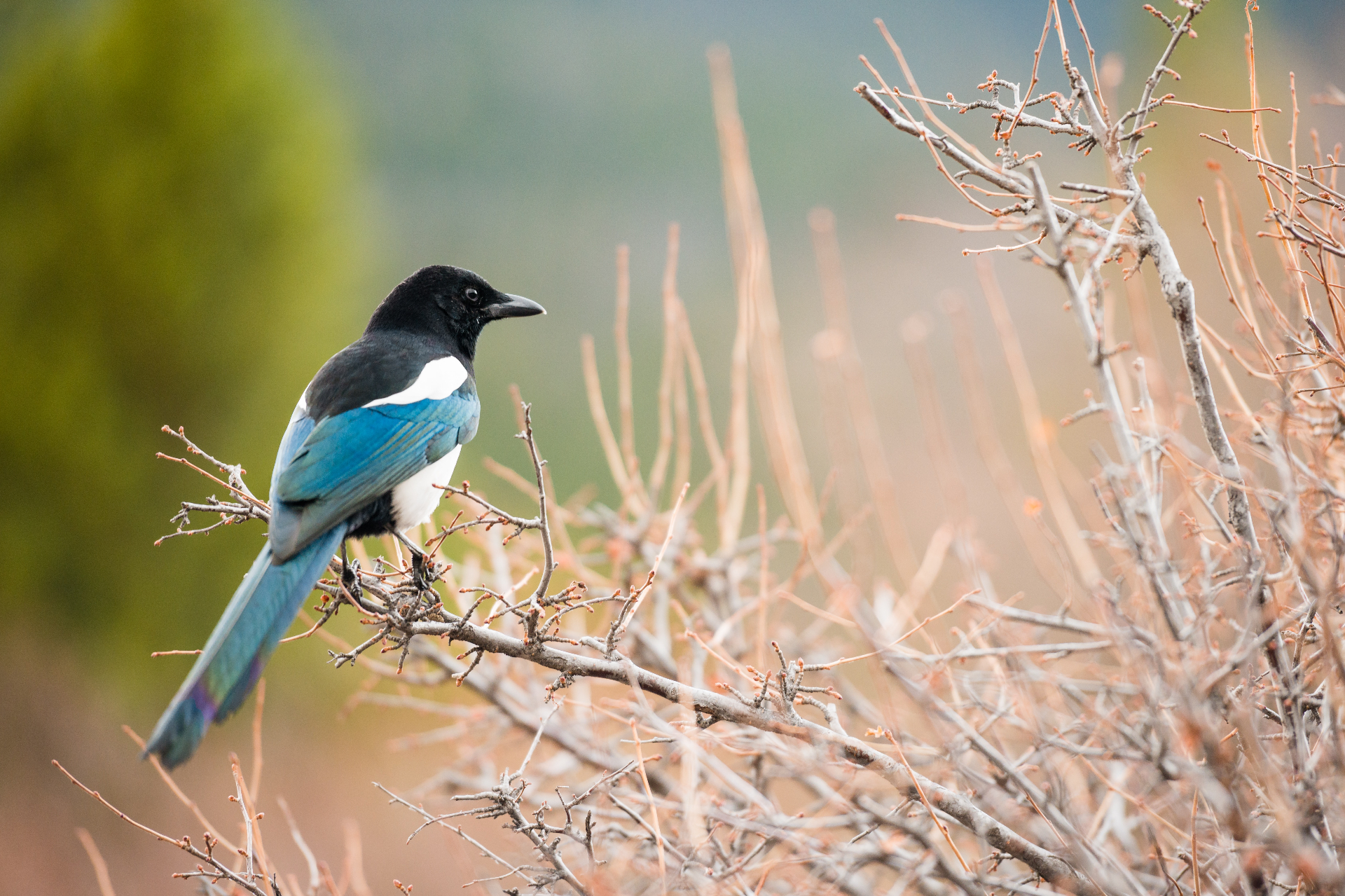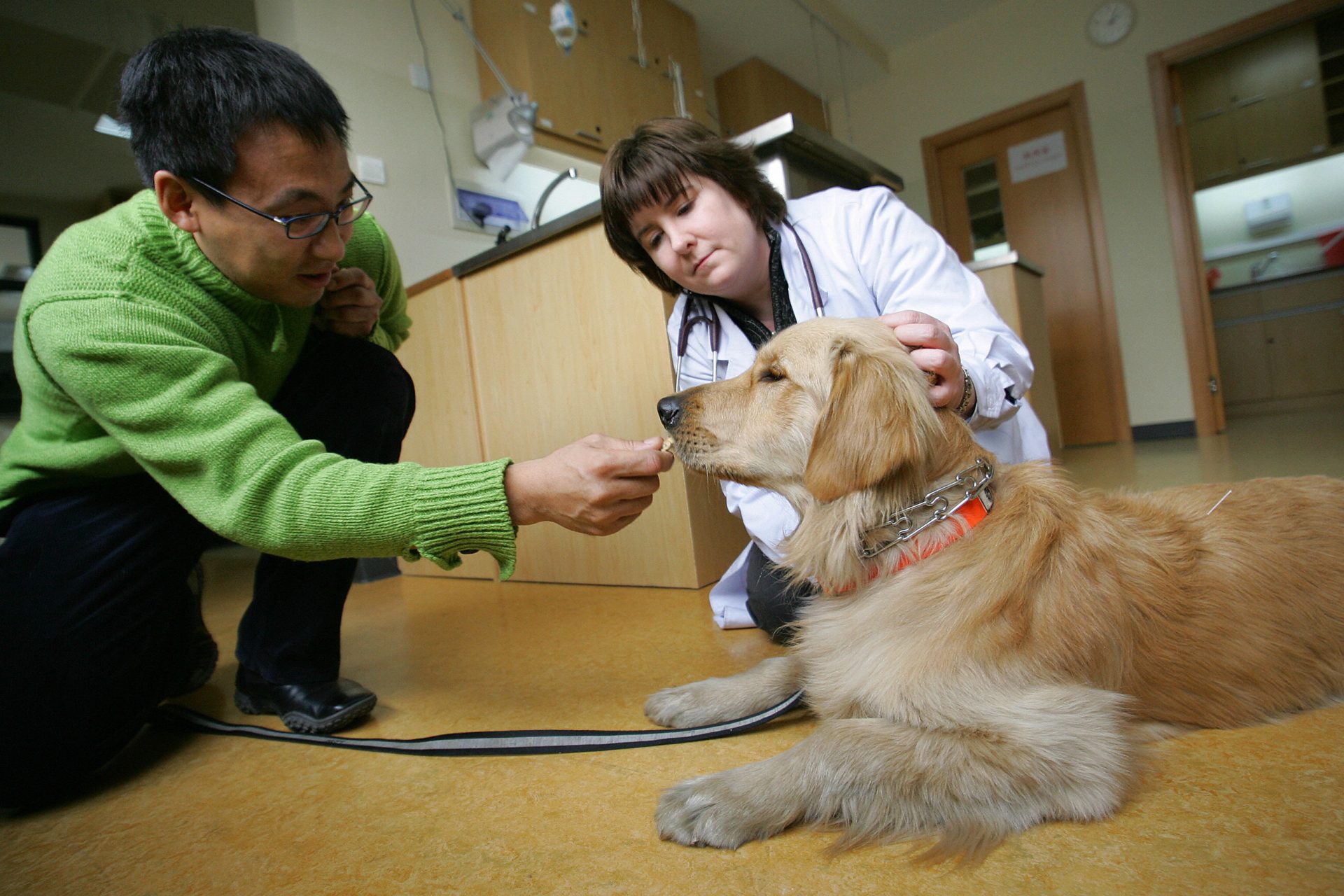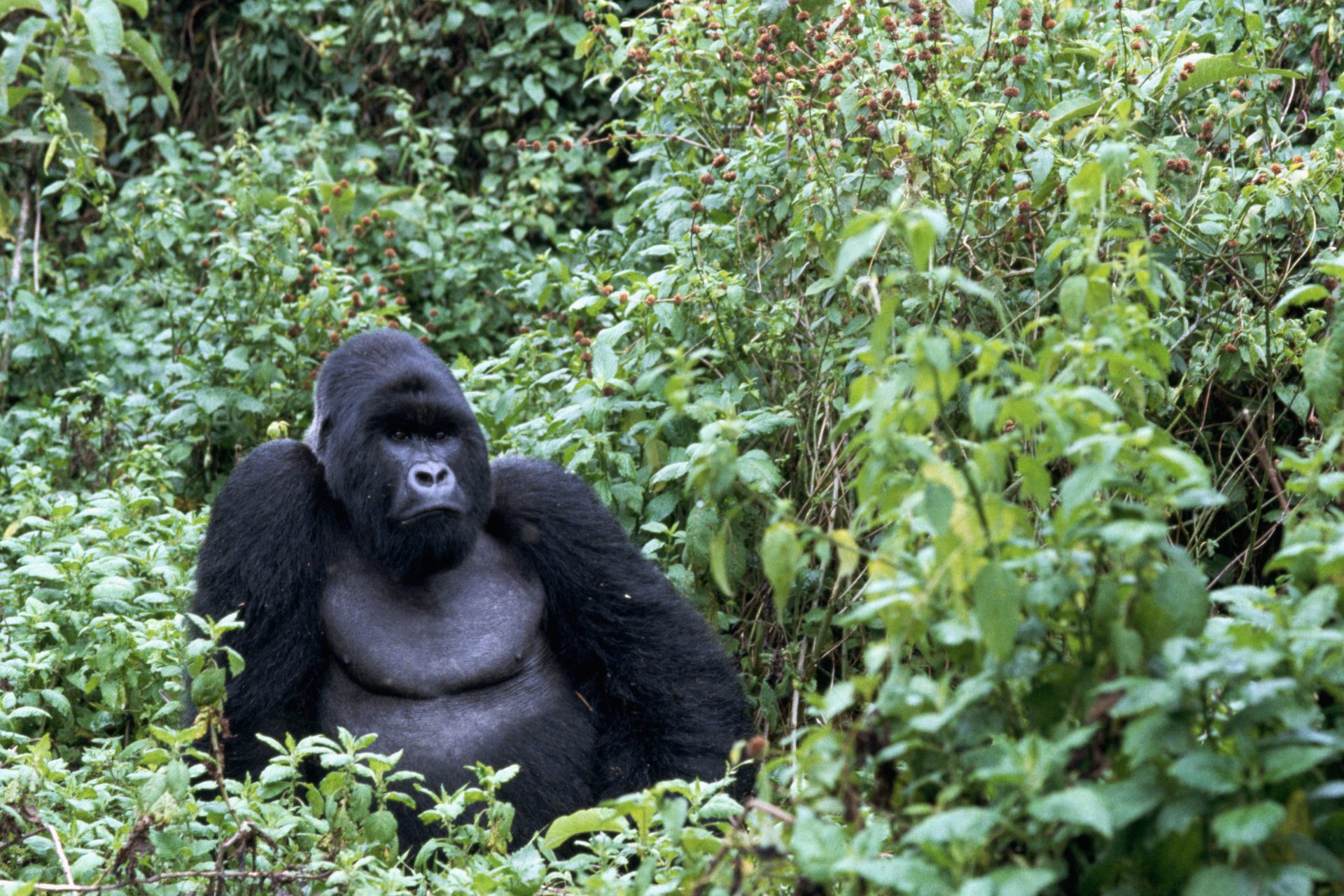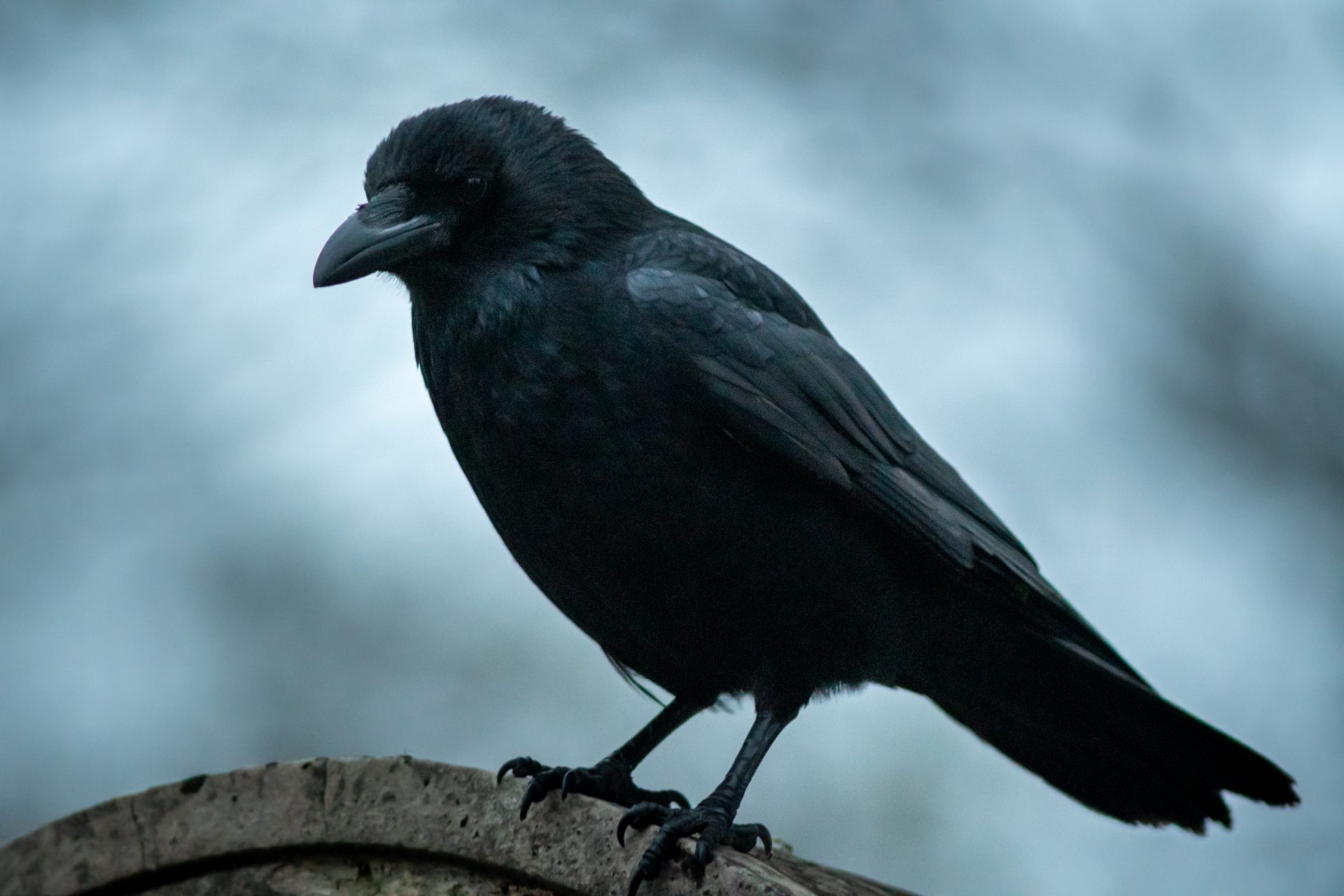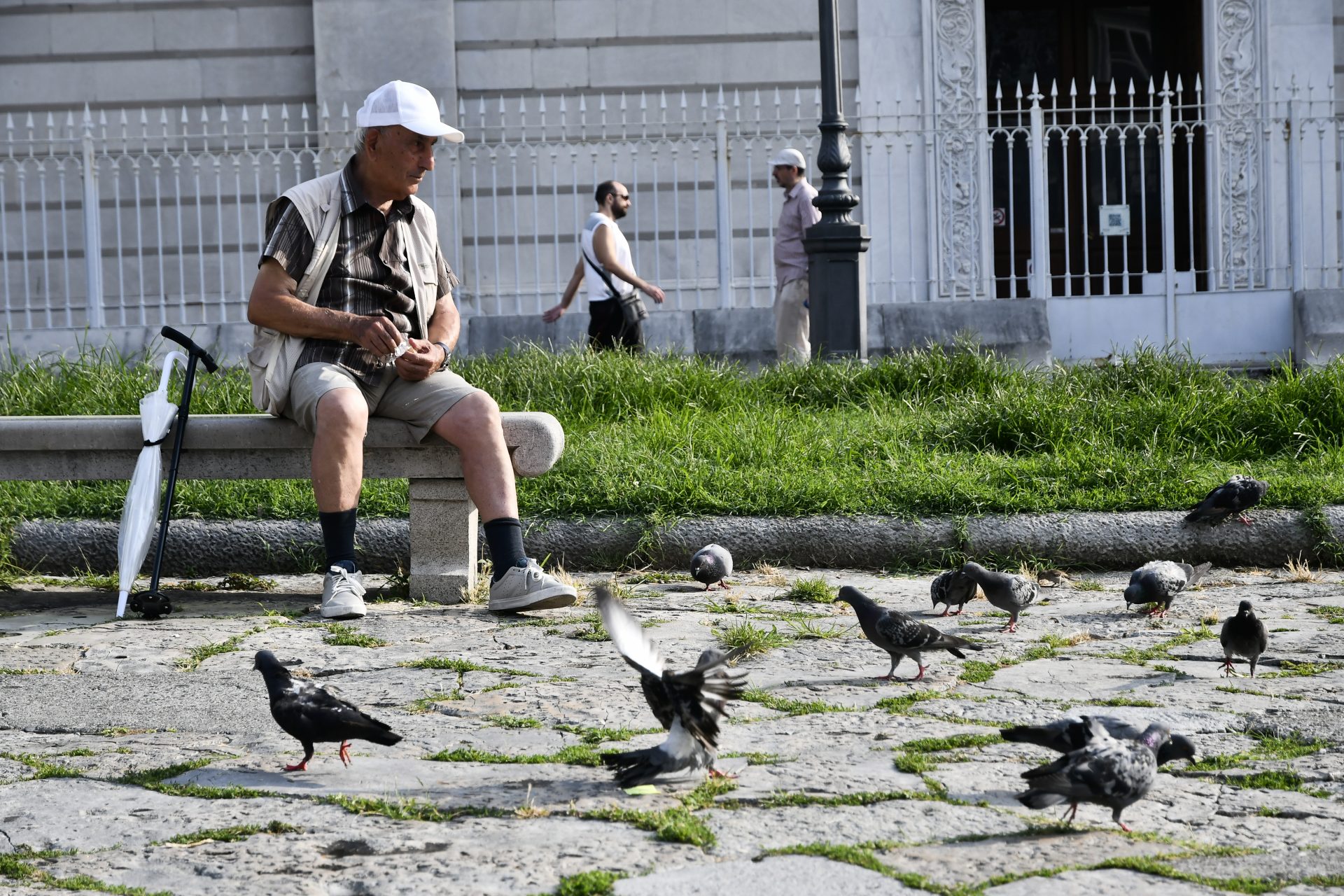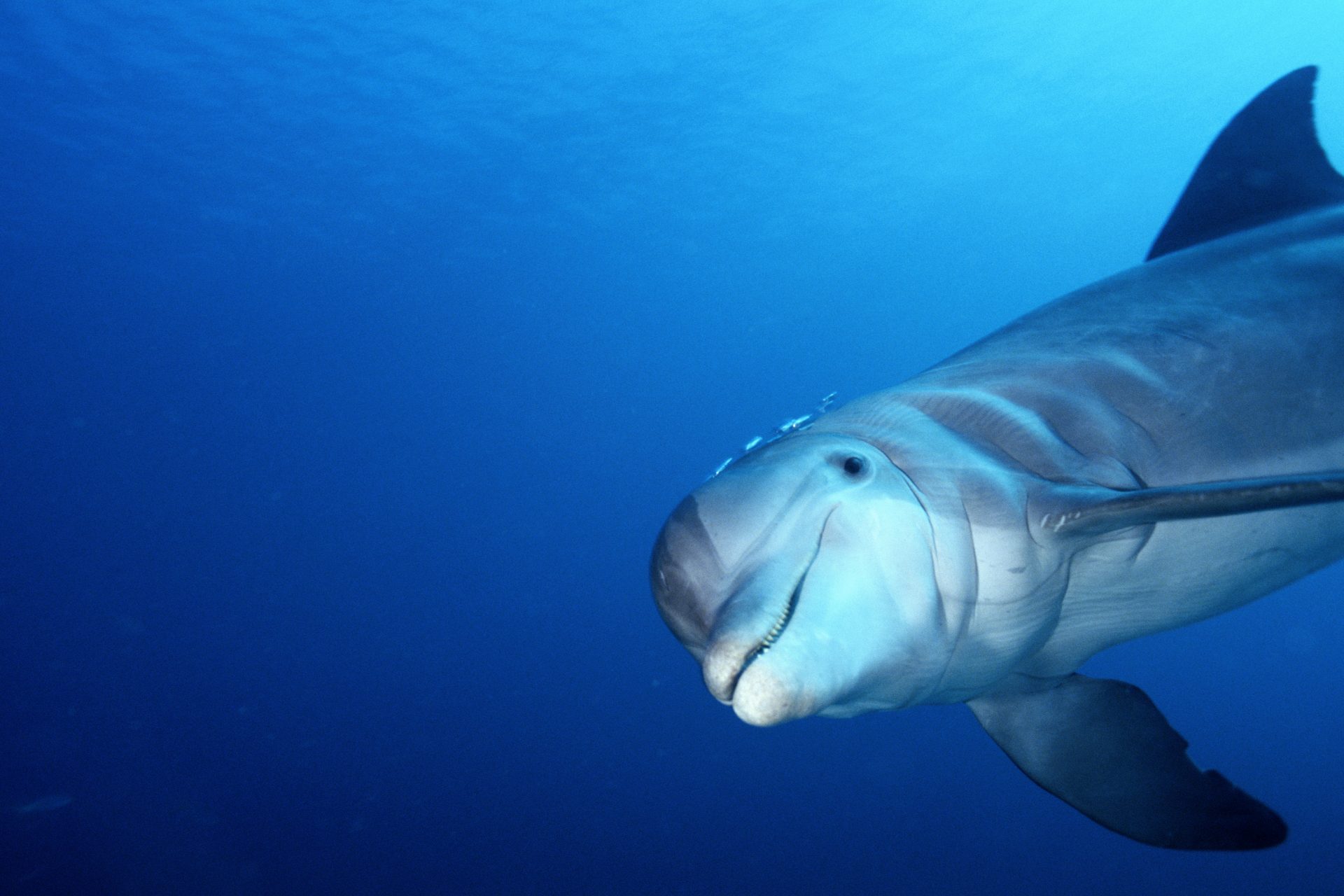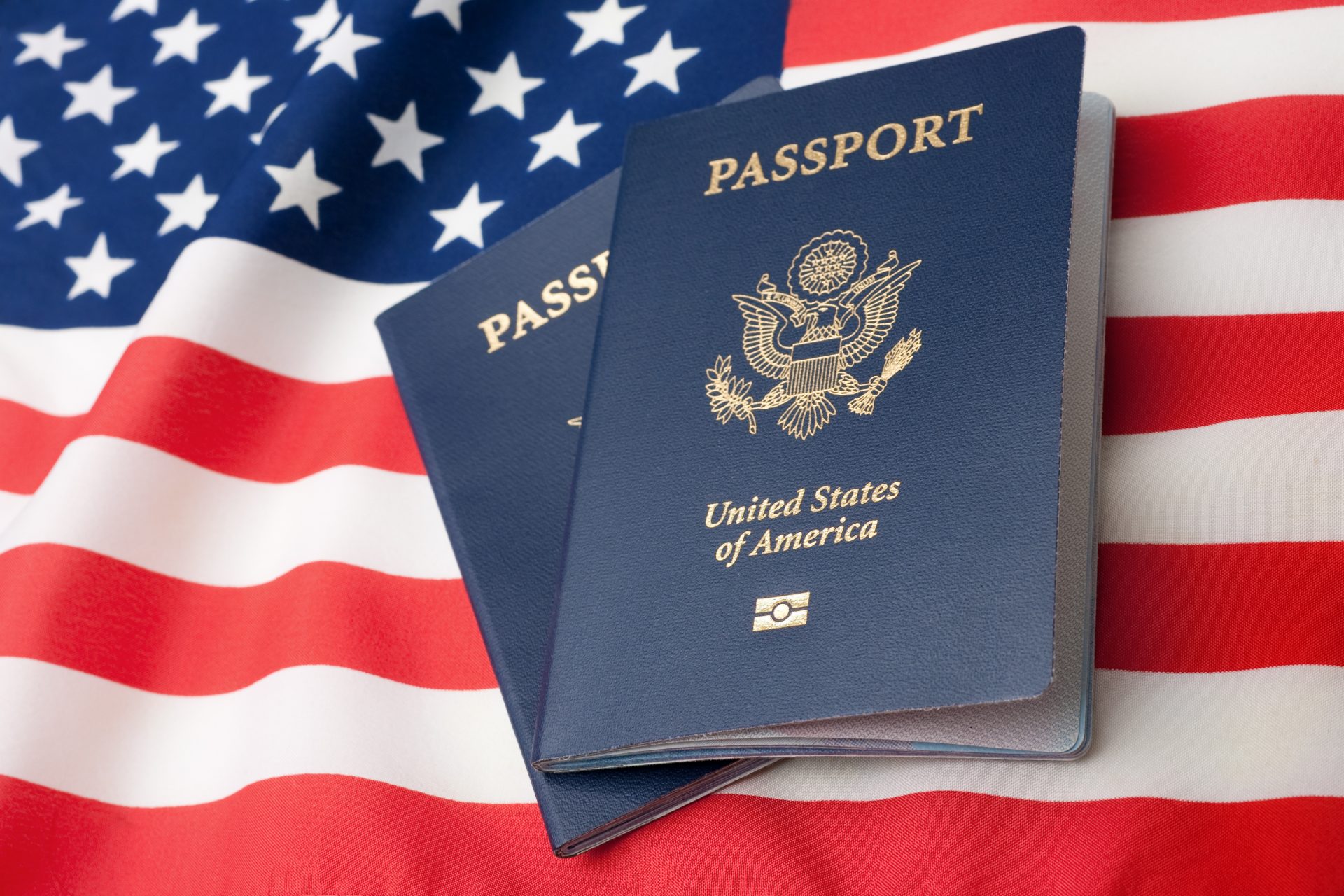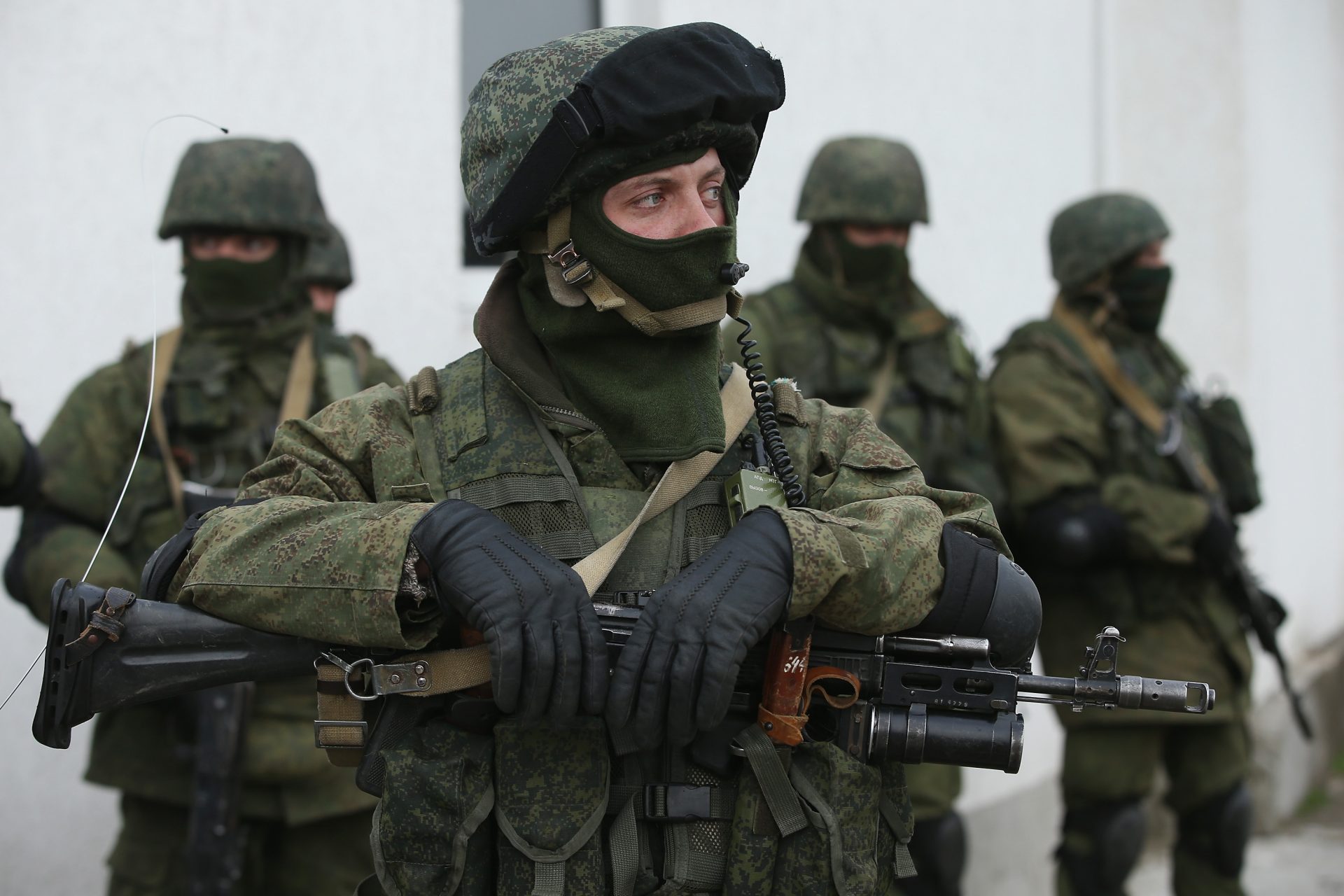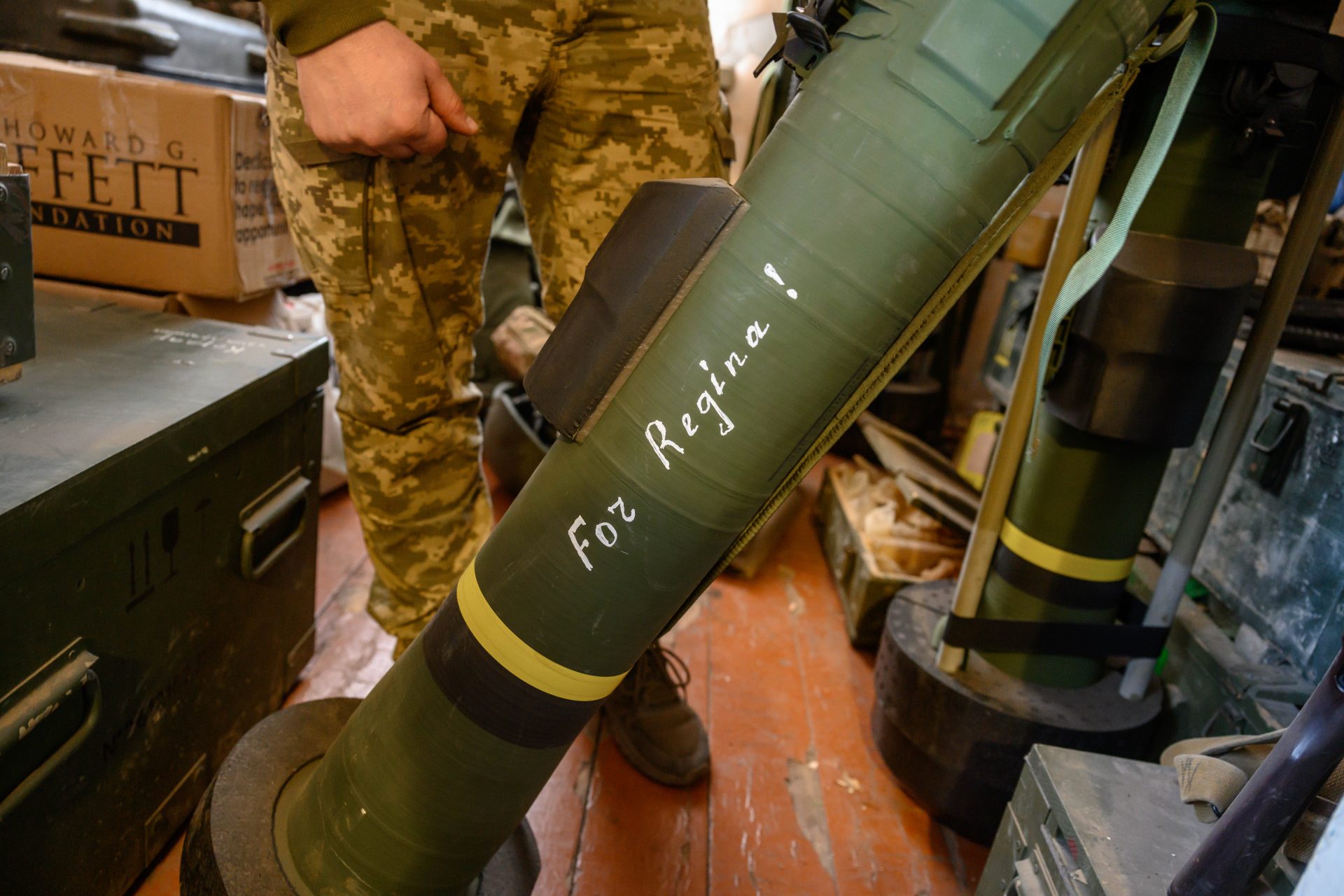Pigeons can multi-task better than you: animals that can pass tests designed for humans
Comparative psychology studies and reassembles the behavior of animals. It performs tests and analyzes animals' cognitive development. It sometimes also compares their intelligence to ours.
The benefits of comparing the abilities of animals to perform the same tasks we do are related to understanding the very essence of intelligence and what it encompasses.
Researchers have put animals through some basic cognitive tests we have designed for children. They also create new tests to help compare their abilities with ours.
An example is the Mirror Test. American psychologist Gordon Gallup Jr. designed the test in 1970 to determine whether animals can recognize themselves visually through a mirror's reflection. Children don't pass until they are more than 18 months old.
Elephants, magpies (in the picture), rays, and colorful fish called cleaner wrasses all pass the mirror test, which was at first thought to prove self-awareness.
Image: Natasha Miller / Unsplash
However, many behavioral researchers have discarded that because the test is limited to animals primarily using sight and is useless for others who use scent, like dogs.
Still, the mirror test is not the only one comparative psychologists use to analyze animal intelligence. Tests examining spatial intelligence, decision-making, and social skills are standard.
Chimpanzees pass many intelligence tests designed for humans. They even perform better in some than us. They find patterns effortlessly, have better short-term memories, and can delay gratification more easily than human children.
Other primates do better than humans in these memory, pattern identification, and gratification tests. They are also better decision-makers than teenagers when it comes to risk-taking.
Crows have shown flexible decision-making. In a study by Cambridge University researchers, the birds succeeded in a test with objects inserted into water-filled tubes to obtain out-of-reach rewards using other objects to lift the water level.
Pigeons performed slightly better than adults in a multi-tasking test. They had to type into a keyboard for a short time and then change tasks abruptly. The Pigeons were faster than the humans.
Dolphins pass the mirror test but can also learn human syntaxis. Experts told Discover magazine they understand the difference between "take the ball to a hoop" and "take a hoop to the ball."
Orcas have some of the same traits as dolphins. They also pass the mirror test and show incredible cooperative and social behaviors when hunting or learning.
Cuttlefish pass the marshmallow test. Researchers offer one treat, but if the subject waits without eating it, they get three. Children younger than four years old don't pass.
Octopi have such complex brains that they can be tested for personality types. According to Scientific American, researchers have successfully used a human personality test to determine different octopi traits.
A study cited in Popular Science showed bees understand when they cannot partake in a test. When the conditions of a task they were trained for changed, they chose not to participate. On the contrary, humans tend to overestimate their abilities.
Animal behavioral science is growing. Compared to other psychology fields, it is relatively new and has many things to explore. The intelligence of animals will continue to surprise us.
More for you
Top Stories




